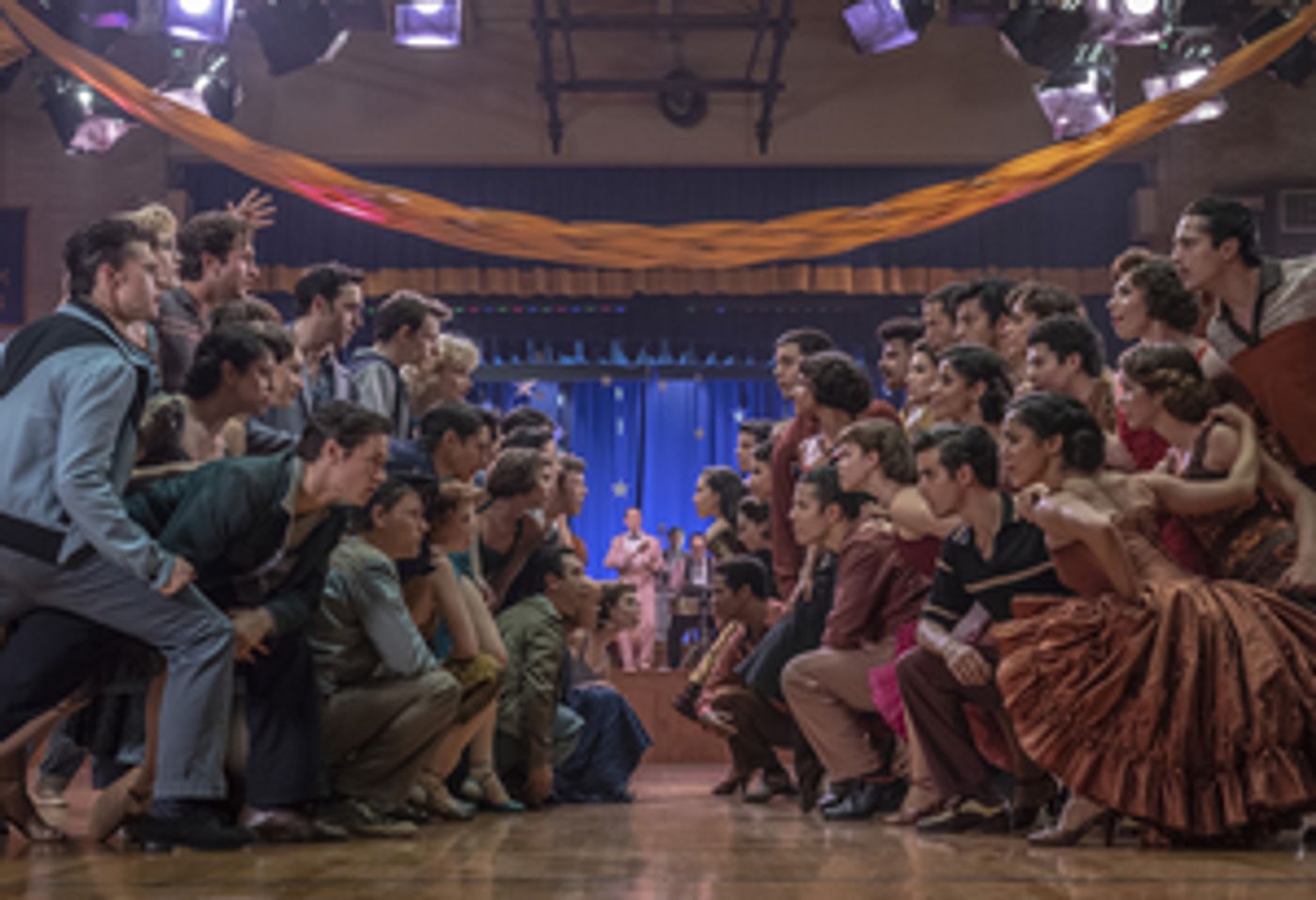Student Blog: On Spielberg's Genius and More About 2021's WEST SIDE STORY
The movie was excellent, and seeing it on the cinema screens was an incredible and fascinating opportunity and experience.

The clues that Steven Spielberg would be a brilliant musical director were there-- the beginning of Indiana Jones and the Temple of Doom, to name one-- but the filmmaker has reserved himself for a titanic challenge: revisiting West Side Story with an extraordinary adaptation that seeks the balance between the homage to its predecessor, directed by Robert Wise in 1961, and the need for a narrative and visual modernization with a certain historical justice.
The music of Leonard Bernstein and the lyrics of Stephen Sondheim remain, but the most problematic of the story has been modified: now there is accurate Latino representation instead of made-up faces, and Anybodys is treated as trans rather than a tomboy, and the context has been broadened.
The ruins of San Juan Hill and the construction of Lincoln Center in the 1950s, which caused the relocation of many working-class families, open the movie and redirect the frustrations of the Jets and Sharks. The social conscience always was, but now it seems more refined. Thus, Spielberg seeks specificity in a more cinematic and less theatrical version, both in the staging-- the camera surrenders to the movement offering powerful internal montages-- and in the realism of the locations and a more raw violence.
Plus, with Rita Moreno being an essential piece, and not just nostalgic, the film breathes new life into a classic without modifying it too much, and, at the same time, making us see it as if it were the first time.
The movie was excellent, and seeing it on the cinema screens was an incredible and fascinating opportunity and experience.
Videos


